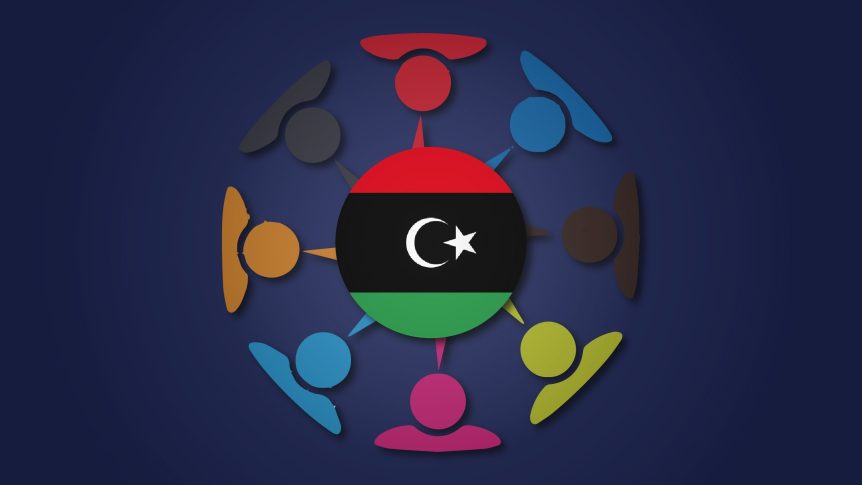At a roundtable convened by the UN Special Rapporteur on the Rights to Freedom of Peaceful Assembly and of Association and organized in collaboration with CIHRS, Libyan civil society actors call for urgent action by Libyan authorities to protect Libyan civil society ahead of scheduled elections
On 6 and 7 February 2024, the Cairo Institute for Human Rights Studies (CIHRS) supported the organization of a closed roundtable in Geneva, Switzerland hosted by the United Nations (UN) Special Rapporteur on the Rights to Freedom of Peaceful Assembly and of Association, Clément Nyaletsossi VOULE. The meeting aimed to provide technical assistance to promote and protect the right to freedom of association in Libya and to encourage action by Libyan authorities to respond to the serious threats to the ability of independent civil society to operate in Libya. The roundtable was organized in follow-up to a letter concerning the restrictive legal framework threatening freedom of association in Libya sent by the Special Rapporteur to the Libyan authorities in October 2023. The roundtable ended with participants agreeing to pursue a “roadmap” towards enabling freedom of association in Libya.
The roundtable brought together representatives of the Libyan authorities and Libyan civil society, including individuals from the Libyan Presidential Council, the Libyan Ministry of Foreign Affairs, members of the Libyan House of Representatives, the Supreme State Council, the Civil Society Commission of Tripoli, the National Council for Freedoms and Human Rights in Libya, as well as Libyan legal and human rights experts. Members of the United Nations Support Mission in Libya (UNSMIL) and representatives of the Switzerland and the Netherlands, as co-chairs of the International Humanitarian Law and Human Rights Working Group in the “Berlin Process”, also participated in the discussion.
During the roundtable members of Libyan civil society, outlined their efforts to ensure freedom of association in Libya over the last decade, and discussed with Libyan officials how to overcome the challenges that have blocked progress on this issue.
In particular, the discussion focused on reaching a common understanding of the rights and obligations related to civil society, how to meet the necessary needs to create an enabling environment for civil society, and outlining the necessary political and legislative reforms required to realize freedom of association and provide sufficient legal protection for Libyan civil society. The important role civil society plays in ensuring credible elections and a peaceful political transition to democratic governance was also discussed. In his statement on the roundtable, the UN Special Rapporteur welcomed the commitments made by representatives of Libyan authorities to create an enabling legal framework for civil society.
Share this Post

